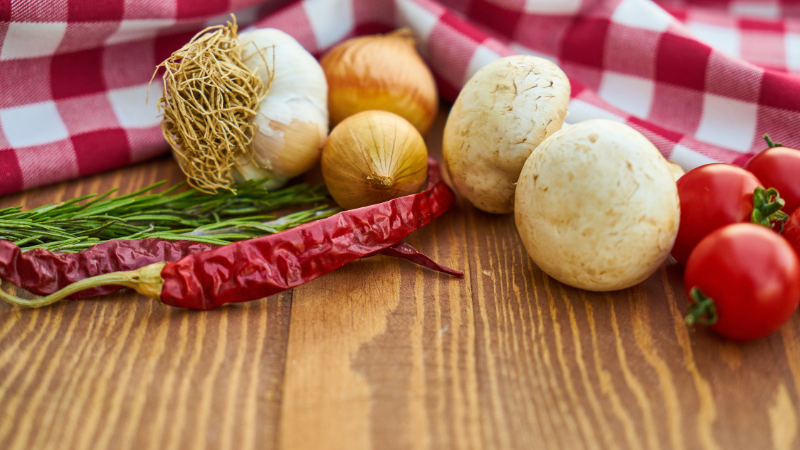Cancer-fighting Nutrients and Foods along with their Sources:
Beta Carotene and Carotenoids – A diet high in beta carotene and other carotenoids (precursor to Vitamin-A) is protective against all cancers, but beta carotene is particularly important for women as a deterrent to cervical cancer. Carrots, sweet potatoes, spinach, and most leafy green vegetables are rich sources of Vitamin A.
Vitamin C – Vitamin C is involved in the maintenance of a healthy immune system as well as protection against a variety of cancers. A diet high in Vitamin C activates natural killer (NK) cells and also boosts the body’s production of interferon, which also has anticancer activity. Citrus fruits, cantaloupe, broccoli (also contains sulforaphane, which blocks the growth of tumors), green peppers, and many other fruits and vegetables are rich sources of Vitamin C.
Folic Acid – A diet rich in folic acid is necessary to protect against cervical cancer and is necessary for proper synthesis of RNA and DNA. Beets, cabbage, dark leafy vegetables, eggs, dairy products, and most fish are good sources of this essential nutrient.
Iodine – A diet rich in iodine protects against breast cancer and is needed for proper energy metabolism as well as the growth and repair of all tissue. Seafood and sea vegetables such as kelp and dulse are rich sources of iodine.
Calcium – This mineral protects against colon cancer and is vital for proper bond formation, blood clotting, and cellular metabolism. Dark green vegetables, most nuts and seeds, milk products, salmon, and sardines are rich in calcium.
Zinc – A diet rich in zinc protects against prostate cancer and is necessary for the formation of RNA and DNA and for healthy immune function. Whole grains, sunflower seeds, pumpkin seeds, soybeans, and onions are good sources of zinc.
Garlic – Garlic can help lower the risk of tumors in the stomach, colon, lungs, and esophagus.
Mushrooms – Mushrooms have an immune-boosting effect. The shiitake mushroom is one of the most studied mushrooms and has been found to enhance heart health and enhance the immune system by warding off infection and neutralizing cancerous cells.
Fiber – Consuming at least 25-30 grams of fiber per day is essential to any anticancer diet and will help facilitate the removal of toxins from the digestive tract. Whole grains, psyllium husk, nuts and seeds, vegetables, legumes, and fruits are all good sources of fiber. 25-30 grams of fiber is equivalent to 5 or more servings per day.
Sources: Alternative Medicine – The Definitive Guide, Second Edition. Ten Speed Press. Berkeley, California, 2002. American Cancer Society – Facts and Figures 2012. American Institute for Cancer Research. The Cancer Process. Washington DC: American Institute for Cancer Research, 1991. J. Madeleine Nash. “The Enemy Within.” Time. Fall 1996. H. Dreher. “Your Defense Against Cancer.” New York: Harper & Row, 1988.


